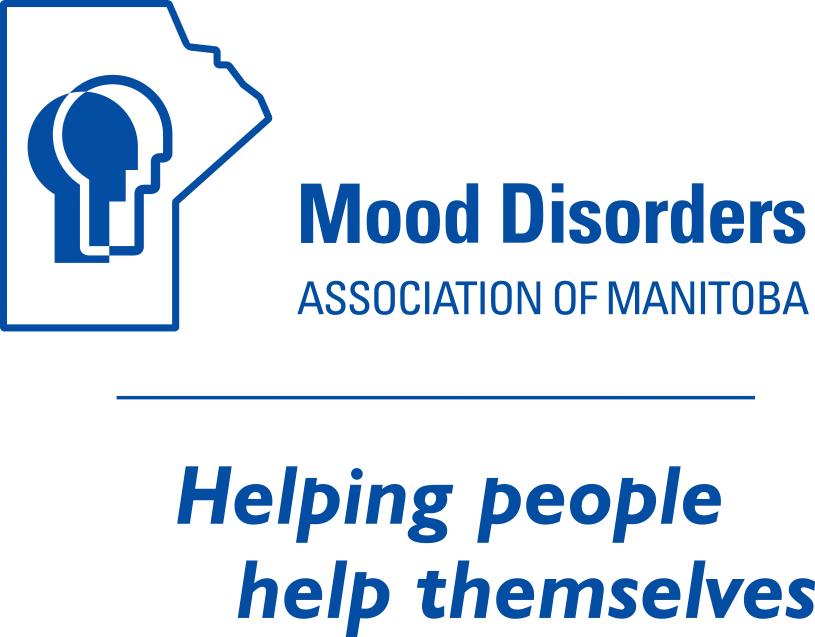Your cart is currently empty!
What is Postpartum Depression (PPD) & How to Find Help

Congratulations! You’ve just had a baby! You’ve been waiting for this day for months and now that day has come and your baby is finally here. The feelings of excitement you had once felt over planning and designing the baby’s nursery have been replaced with feelings of sadness, helplessness, anxiety, or anger. This is not at all what you originally expected. You might be jumping to conclusions and thinking that you’re a bad mother for having these feelings. Rest assured, you are not a bad mother, you are not alone, and what you’re feeling and experiencing is not your fault!
You may have heard the terms, “baby blues” and “postpartum depression” before, but what do they really mean?
Well, up to 80% of women experience the baby blues after giving birth. The symptoms women experience includes mood swings, crying, irritability, and worrying. Your hormones are adjusting and you’re getting used to this new little addition to your family, while getting little sleep. Life can feel pretty overwhelming. The good news is that the baby blues are temporary. Usually beginning within days of giving birth and resolving within a couple of weeks. But there are times when some women experience longer lasting and more severe symptoms than the baby blues.
When this occurs, women are often experiencing postpartum depression. Postpartum depression (PPD) is the most common mood & anxiety disorder that occurs in the postpartum period (from birth through to the first year) and it affects up to 20% of women. Symptoms can range but usually include feelings of sadness, hopelessness, helplessness, anger, worry, and/or loss of joy in life. You may be crying a lot, having issues with eating and sleeping, and not feeling a connection to your baby. In more severe cases, you may even be having thoughts of harming yourself and/or the baby. Dads/partners can also develop PPD although it is often referred to as Paternal Postnatal Depression (PPND).
In more severe cases, women can experience postpartum psychosis (PPP). This is the rarest form of postpartum depression. Typically, it affects 1 to 2 women in 1,000 births. Symptoms often develop within a few weeks of delivery and can include delusions, hallucinations, rapid mood swings, paranoia, and thoughts about harming yourself and/or your baby. Postpartum psychosis requires immediate medical attention and usually hospitalization.
Depending on the severity of your symptoms, there are several options available to manage symptoms and promote recovery. These options include:
· Self-Care – adequate rest/sleep, physical activity, and healthy eating
· Social Supports – meeting other moms & going to support groups
· Practical Help – getting assistance with tasks around the home
· Help from family/partner and friends
· Counselling or Talk Therapy
· Medication
Generally, a combination of treatment approaches can help you manage your symptoms and enjoy your baby.
While self-care, social supports, and practical help are excellent ways to manage symptoms or aid in the recovery process, it is also important to seek out professional medical help. Especially if your symptoms are:
· Not going away after 2 weeks
· Getting worse
· Making it hard for you to care for your baby
· Making it hard to complete everyday tasks
· Or if you are experiencing thoughts of harming yourself or your baby
We believe that being honest with your doctor or health care professional is the best way to receive the proper diagnosis and start on your path to recovery.
One last bit of advice, remind yourself that you’re doing the best you can do and you’re learning every single day about your baby and being a mother. Some days will be tough, but you will pull through. There is a light at the end of the tunnel, you just need to hang in there to see it.
Trust me when I say that things will get better!
At the Mood Disorders Association of Manitoba, we are pleased to offer the following SHOPPERS LOVE. YOU. Postpartum Peer Services:
· Call/text the Postpartum Warmline at 204-391-5983 any day of the week from 9am-9pm. E-mail support is also available at postpartumwarmline@mooddisordersmanitoba.ca
· Stop by our monthly drop-in postpartum support group on the 3rd Wednesday of each month from 1-3pm.
· Join us for our quarterly SHOPPERS LOVE. YOU. Baby Blues & Better Days 4-week course. Our next course will be offered in the fall.
For more information, please contact Jennifer at 204-391-5983 or jenniferh@mooddisordersmanitoba.ca .
Blog written by Jennifer Hanslip, Coordinator of Postpartum Support Services at Mood Disorders Association of Manitoba. Jennifer has experienced and struggled with Postpartum Depression first-hand in the past, and we are happy to report that she was able to overcome it. Thank you for sharing your story and knowledge Jennifer.
- 10 Holistic Skin Firming Tips That Actually Work - June 22, 2025
- What Does Facial Toner Do & Why You Should Use One - June 18, 2024
- Beyond Sunscreen: 7 Ways to Protect Skin from the Inside Out in Summer - June 18, 2024


